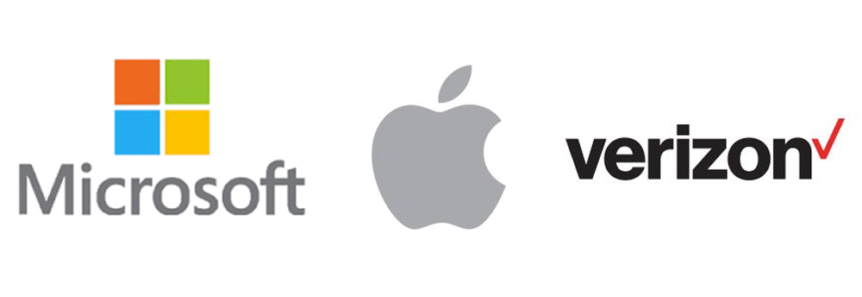By Natalie Harrison
NEW YORK, Aug 5 (IFR) – There is no sense that the surge of US high-grade issuance means we’re nearing the top of the market, say bankers, who believe more savvy issuers will be following them soon.
Corporate heavyweights including Apple, Microsoft and Verizon have deluged the primary in recent weeks, with nearly US$50bn raised just this week alone.
That has set the pace for one of the largest Augusts ever, following the second-biggest July on record with nearly US$95bn of new paper printed.
But far from indicating things are nearing a frothy peak, market observers believe there is still plenty of cash waiting to be taken off the table for borrowers who act quickly.
“Market conditions are exceptionally favorable for issuers,” said Marc Fratepietro, co-head of Americas investment-grade debt capital markets at Deutsche Bank.
“In some markets issuers can optimize either price, size or tenor. In this market issuers can get all three,” he said. “There’s not a lot of upside to waiting.”
TIME IS RIGHT
Market participants say a number of factors have combined to create the current red-hot conditions.
US corporates have emerged from quarterly earnings blackouts just as foreign investors – faced with negative yields elsewhere in the world – have made a renewed push into US assets.
US high-grade funds have seen almost US$12bn of net inflows since the beginning of June, putting an extra dollop of cash up for grabs for corporate treasurers with a keen sense of timing.
And far from slamming shut the window of opportunity, Britain’s vote to exit the European Union has opened it wide to US borrowers instead, due to the better yields on offer.
Even so, 10-year Treasury yields are around 1.5% – their lowest in four years – keeping average US high-grade bonds spreads at their tightest in around 12 months, and some 70bp inside February’s multi-year wides.
“Corporates are coming out of blackout to take advantage of spreads and rates,” one syndicate banker told IFR.
“This is the best demand for corporate bonds we’ve seen in more than two years.”
NO TIME TO LOSE
In addition to concern about the combustible US election, worries about a rates hike later this year – boosted after Friday’s strong payrolls number – have seemingly helped convince issuers that the time to act is now.
And the string of high-profile credits that have made a move – also including chocolate maker Hershey and Google parent Alphabet – is a sign for many that the primary is healthy.
“They’re very good timers of the market,” said Art DeGaetano, CIO at asset manager Bramshill Investments.
“As an investor, when I see names like that it makes me comfortable, because it suggests to me that those companies see rates going up – and that means growth is getting better.”
Bankers expect another US$25bn-$30bn in supply next week before the typical late-August slowdown, and there’s little evidence that the deluge is putting pressure on spreads.
Indeed, technicals remain strong. About half of this week’s supply was acquisition financing – including Microsoft’s US$19.75bn deal, the fifth-largest corporate bond ever – which has helped further shrink the M&A backlog.
The limited supply, as the billions of dollars of inflows continue, will only serve to keep spreads in check.
According to Bank of America Merrill Lynch strategists, there is now only about US$80bn of pending deals in the M&A pipeline for the weeks and months ahead – and some of that may not materialize because of regulatory issues.
“Two months back, there were discussions about how heavy the September M&A calendar was,” the syndicate banker said.
“But a lot of supply has been accelerated, and that backlog has almost been cut in half.” (Reporting by Natalie Harrison; Editing by Marc Carnegie)

